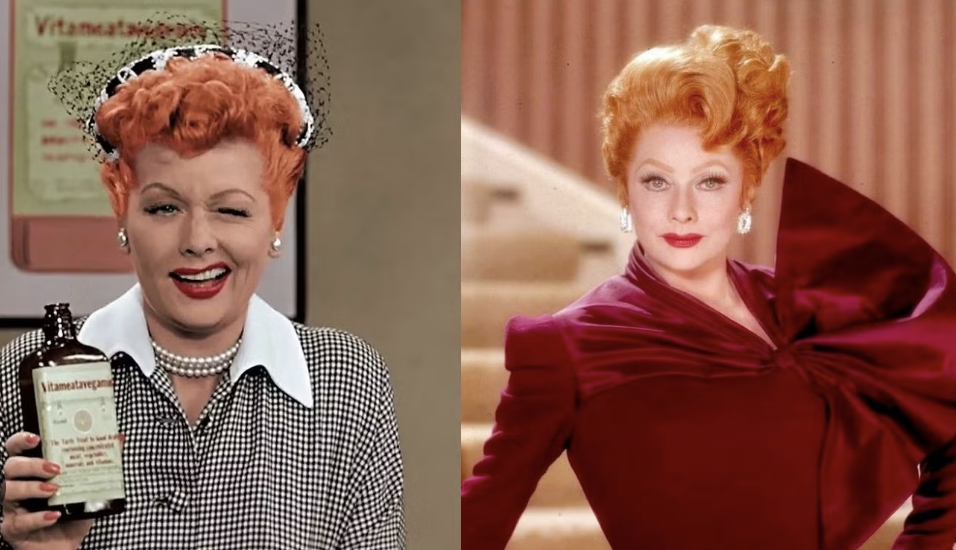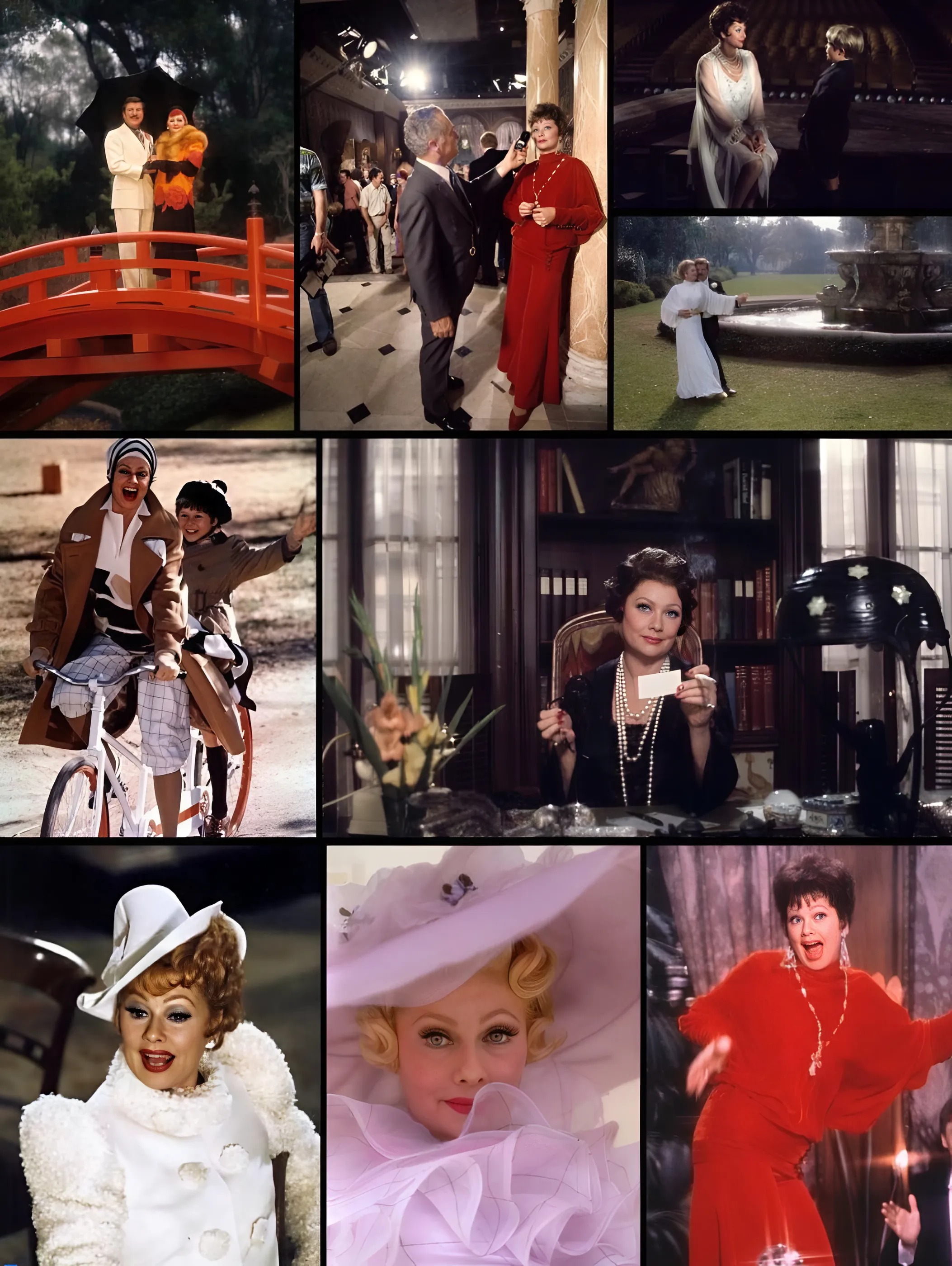
We all adore Lucille Ball for her iconic portrayal of the endearingly zany Lucy Ricardo in I Love Lucy. Her comedic genius and physical comedy prowess cemented her status as a legendary entertainer. But behind the slapstick and the hilarious schemes, there was a sharp, visionary businesswoman who quietly revolutionized the television landscape. Get ready to see Lucy in a whole new light: she wasn’t just a funny lady; she was a bona fide media mogul!
What many don’t realize is that Lucille Ball was a co-founder of Desilu Productions, the very studio that became the unlikely incubator for some of the biggest and most enduring franchises in television history – including the groundbreaking science fiction of Star Trek and the pulse-pounding action of Mission: Impossible! Think about that for a moment. The woman who made us laugh until our sides ached was also the driving force behind Captain Kirk’s voyages through space and Jim Phelps’s intricate espionage missions. It’s a revelation that shatters the simplistic image of “Lucy the lovable klutz” and reveals a shrewd and forward-thinking entrepreneur.
Desilu Productions, co-founded with her then-husband Desi Arnaz, wasn’t just a production company for I Love Lucy. It was an innovative powerhouse that pioneered the multi-camera setup and the use of filmed reruns – techniques that are still standard in television production today. Their success with I Love Lucy provided the foundation and the financial muscle to take risks on more ambitious and unconventional projects.
It was under the Desilu banner, with Lucille often at the helm after her divorce from Arnaz, that Star Trek and the original Mission: Impossible found their footing. These weren’t guaranteed hits; they were bold, genre-bending shows that required vision and belief. Lucille Ball, the woman who knew how to make America laugh, also had the foresight to recognize the potential in these seemingly niche concepts.

Imagine the pitch meetings. Picture Lucille Ball, the comedic icon, listening intently to Gene Roddenberry’s vision of a utopian future in space or the intricate plots of a secret mission force. Her support, her business acumen, and the infrastructure of Desilu were crucial in bringing these now-legendary shows to life. Without her belief and her company’s backing, the television landscape as we know it might look very different. This isn’t just a footnote in Lucille Ball’s biography; it’s a testament to her multifaceted talent and her often-underappreciated role as a powerful figure in the entertainment industry. She wasn’t just in front of the camera; she was a force behind it, shaping the very fabric of television and paving the way for iconic shows that continue to captivate audiences decades later.
So, the next time you think of Lucille Ball, remember the laughter, yes, but also remember the boardroom. Remember the visionary who saw the potential in the seemingly impossible. Remember the “funny lady” who was also a true “boss lady,” leaving an indelible mark on television history that extends far beyond the comedic brilliance of I Love Lucy.
